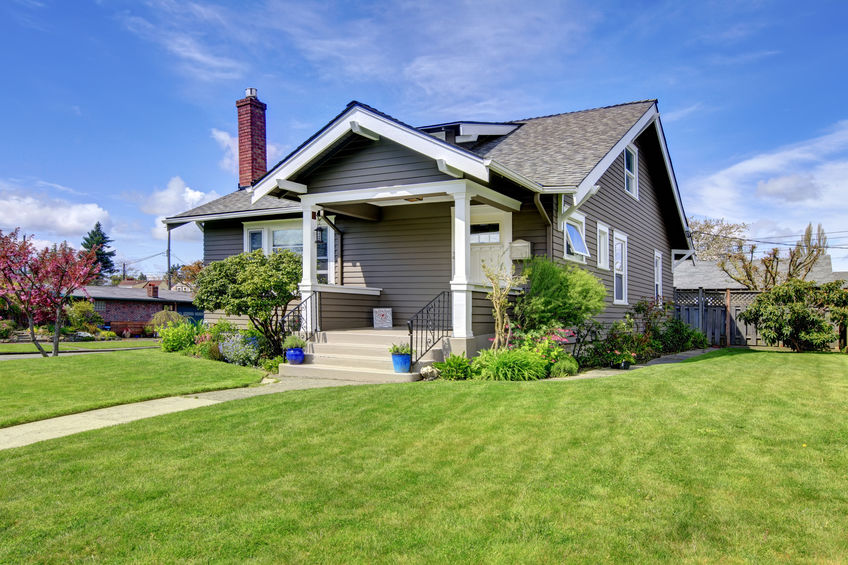
- Size of the Fireplace
If you are building a new house, it is important to sit down and ask yourself what size of a chimney you want in your new home. The size of the chimney will rely on the amount of square footage available. If you have a limited amount of space, you will most likely end up with a smaller fireplace and consequently a smaller chimney. Since a fireplace is one of the parts of a chimney, it greatly determines the size of the rest of the parts of the chimney, which include the flue and incinerator.
- Type of the House
Before you think of installing a chimney, you will want to halt and consider the type of your house. If you live in an apartment that does not have a fireplace already in place, it will be almost impossible to install one. This is because the wall has to be dug to incorporate the flue of the chimney, and has to maneuver around so many corners in the building. If you live in a combo design home, then chimney installation will be quite simpler and less costly.
- Size of the Flue
Sometimes apartments have flues left in place to make work easier just in case the new owner decides to have a chimney installed. The size of the flue already in place will determine the size of the chimney you are going to install. A flue with a bigger diameter means that the fireplace part of the chimney will also be bigger. A smaller flue, on the other hand, means that the fireplace part of the chimney will also be smaller.
- Energy Needs
Since we already saw that chimneys are a source of energy during the cold seasons, your energy needs will greatly determine the size of your chimney. For a house owner that needs to cut down on electricity bills, their energy requirement is higher than whose energy needs are quite lower. Higher energy requirements may be inspired by the need to cook meals in the chimney as well as heating the whole house.
- Size of the House
The sole purpose of a chimney is to provide us with an alternative source of heat as an alternative for other heating systems. With this in mind, first calculate the amount of your square footage in the living room to see what size of chimney will fit in, without swallowing in your floor space. For a house with limited floor space, you do not want your house looking even smaller because of the fireplace; install a smaller chimney. For a big house with enough floor space, you can have a bigger chimney without having to worry about it caving in on your space. A bigger house also needs more energy to warm the house and hence a bigger chimney is needed.
- Cost
The factor that plays the most critical role in determining the size of your chimney is the size of your budget. This is because, by the time you have made up your mind to install, you have already weighed in all other options and now the elephant in the room is how heavy your pockets are. A bigger chimney will be more expensive than a smaller one. A bigger chimney will use more materials and take longer to install, hence more money. A bigger chimney also means you will be using more fuel and again this takes you back to the issue of money.
Even as you weigh in your size options for your chimney, do not ignore the help of a contractor. Apart from helping you do the installation work for you, they will also help you make an informed decision when choosing the right size of your chimney.
